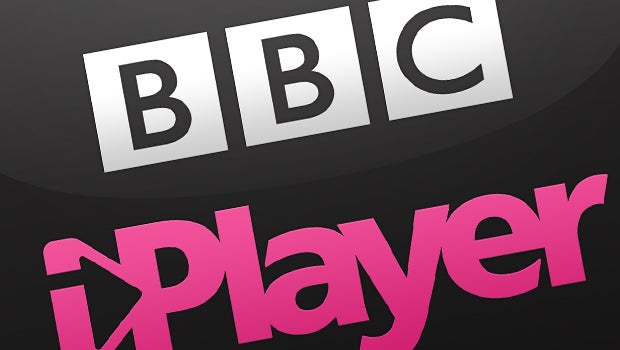BBC iPlayer license fee loophole slammed shut – what you need to know

Up until now, using the BBC’s excellent iPlayer catch-up service has been free, but as of today (September 1), that’s no longer the case. Here’s what you need to know about the new rules.
Got a question about how watching TV via BBC iPlayer is now legislated? We’ve got the answer, whether you’re confused about the basics of how the license fee works or want to know how much you’ll now need to pay for your catch-up fix.
What’s a TV license?
Anyone in UK who watches ‘live’ BBC broadcasts – or any other live channel for that matter – on their TV needs to pay a yearly TV license fee. This is how the BBC is primarily funded.
When the BBC iPlayer service launched in 2007, it was exempt from parts of the license requirement. This has meant that people without a TV (or at least, a TV that isn’t connected to an aerial or cable service) have been able to watch BBC content without paying a penny for it.
While watching live TV on iPlayer has since been brought under the license fee rules, a loophole still existed allowing you to watch catch-up telly through the BBC’s streaming service.
Not anymore.
When is this going to change?
From September 1, 2016, the law requires you to posses a TV license to use the iPlayer service.
Moreover, it no longer matters what kind of device you access the BBC from. Even if you don’t have a TV, and you use the iPlayer on your laptop, tablet, or mobile phone, you’ll still need to pay for a TV License.
It should also be noted that you need to pay for a TV License even if you already pay for another TV service such as Sky, Virgin Media, or BT Vision.
Related: Sky Q review
Why is this happening?
Because the current situation isn’t seen as fair on those who pay to watch the BBC through regular means. It’s also the result of a technical flaw in the original TV license agreement.
As the former culture secretary John Whittingdale explained back in March: “When the licence fee was invented, video on demand did not exist. And while the definition of television in the legislation covers live streaming, it does not require viewers to have a licence if they watch BBC programmes through the iPlayer even if it is just a few minutes after transmission.
“The BBC works on the basis that all who watch it pay for it,” he continues. “Giving a free ride to those who enjoy Sherlock or Bake Off an hour, a day or a week after they are broadcast was never intended and is wrong.”
How much does a TV license cost, and how do I pay for it?
A TV License costs £145.50 per year. You can pay for it by following this link.
If you already pay for your license to access your current TV service, you don’t need to do anything. You’re covered.
Announcing the changes, the BBC noted that its iPlayer pop-up reminders – which remind you about the TV license requirement – will be tweaked to cover catch-up as well as live viewing.
What happens if I don’t pay for a TV license?
If you don’t own a TV License and are discovered accessing the BBC iPlayer, you will be at risk of prosecution and a fine of up to £1,000, plus any legal costs and compensation you may be ordered to pay.
In a statement released to coincide with the introduction of the new rules, the BBC said:
“We have a range of enforcement techniques which we will use and these have already allowed us to prosecute people who watch on a range of devices, not just TVs.”
Related: iPhone 7 news, rumours and release date
Trusted Explains: All you need to know about TVs
Are you affected by this rule change? Do you think it’s fair that you have to pay a full TV license fee to access the iPlayer? Let us know in the comments.


